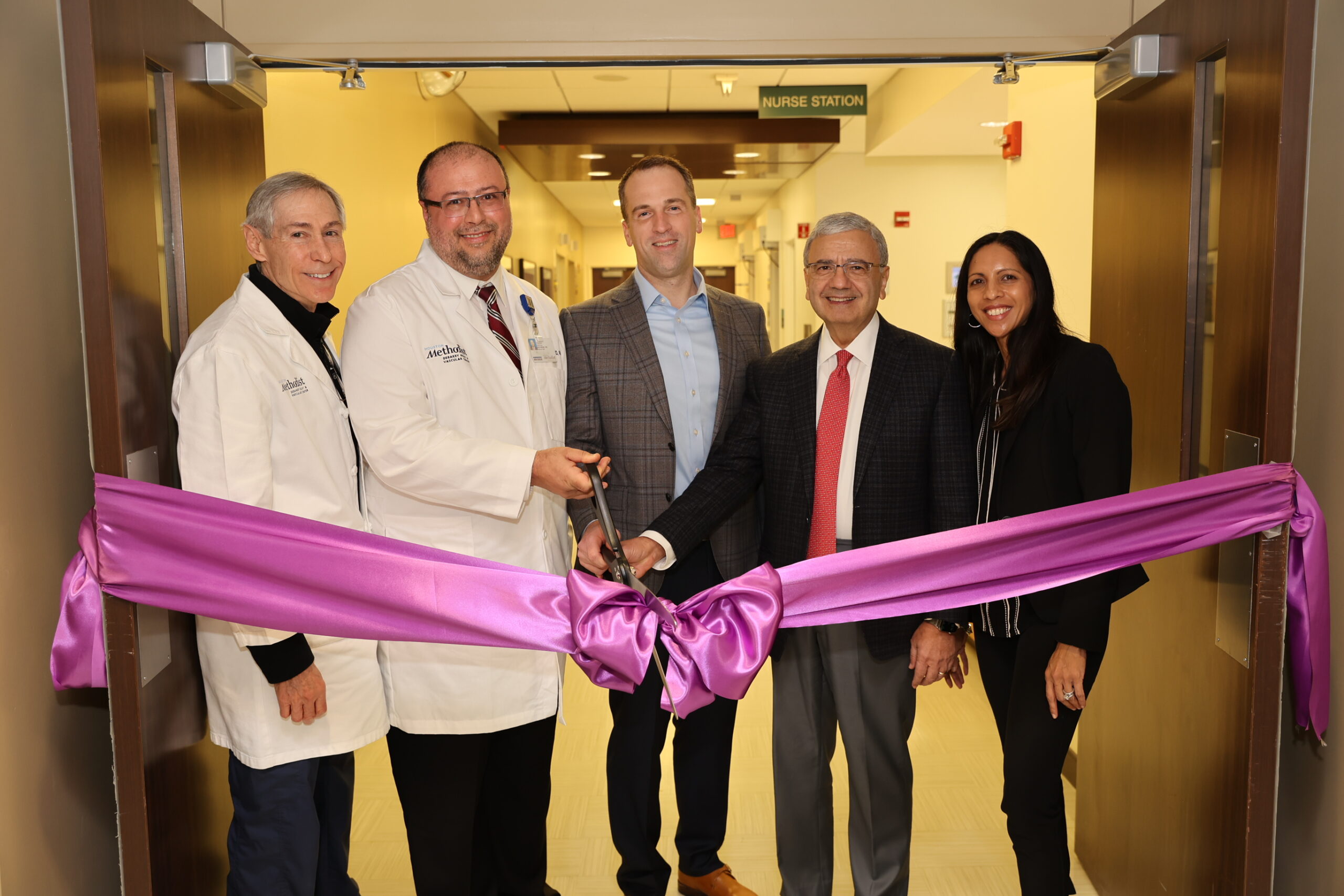
GE HealthCare has delivered the first patient doses of Flyrcado (flurpiridaz F18) injection, a first-of-its-kind unit dose positron emission tomography myocardial perfusion imaging (PET MPI) agent for the detection of coronary artery disease (CAD), at early adopter imaging centres in the USA.
This milestone follows the recent US Food and Drug Administration (FDA) approval of Flyrcado, which is indicated for patients with known or suspected CAD, and delivers higher diagnostic efficacy compared to single-photon emission computed tomography (SPECT) MPI, the predominant procedure used in nuclear cardiology today.
Mouaz Al-Mallah, director of cardiac PET at Houston Methodist Hospital (Houston, USA), said: “Flyrcado opens new frontiers for cardiac PET with a significantly longer half-life than existing PET MPI tracers, and we are proud to be one of the first to use it in our cardiac PET lab. The longer half-life eliminates the need for onsite tracer manufacturing so it can be ordered as a ready-to-use unit dose. Additionally, it offers clinicians the flexibility to perform exercise stress testing—something not feasible with any previously available cardiac PET tracer. We anticipate Flyrcado will make PET MPI more accessible to clinicians and patients and allow more centers to provide this important imaging modality to appropriate patients.”
This month, Houston Methodist Hospital delivered the first doses in a phased rollout of the cardiac PET agent at early adopter imaging centres nationwide, which includes UW Health University Hospital in Madison. Full commercialisation of the radiotracer is anticipated in the second quarter of 2025.
With a half-life of 109 minutes—significantly longer than existing PET MPI tracers—Flyrcado removes the need for on-site tracer production and generator maintenance and enables distribution to a wide network of hospitals and imaging centres, GE HealthCare says in a press release. The company will be supported by contract manufacturing organizations (CMOs) to expand coverage across the USA to enable regional access to Flyrcado and expects to be able to reach nearly all of the existing cardiac PET user base by the end of 2025.
“The first patient doses of Flyrcado mark a significant milestone in the journey of this product which has been more than a decade in the making,” said Kevin O’Neill, CEO of the Pharmaceutical Diagnostics (PDx) segment of GE HealthCare. “These imaging centres are leading the way in cardiac imaging, and we are pleased they have recognised the impact this diagnostic—which has been called a game-changer—can make both for their clinicians and their patients. We are committed to growing the manufacturing footprint for Flyrcado to drive access for cardiac PET-enabled imaging centres throughout the USA.”
During the multicentre international AURORA phase III trial, flurpiridaz F 18 was compared with both invasive coronary angiography as a standard of truth to determine diagnostic efficacy in detecting CAD, as well as with SPECT MPI.
GE HealthCare will mark the commercial launch of Flyrcado at the annual American College of Cardiology (ACC) congress (29–31 March, Chicago, USA) and expects to receive pass-through status from the US Centers for Medicaid and Medicare (CMS) shortly thereafter, enabling separate reimbursement for Flyrcado in the hospital outpatient setting.













